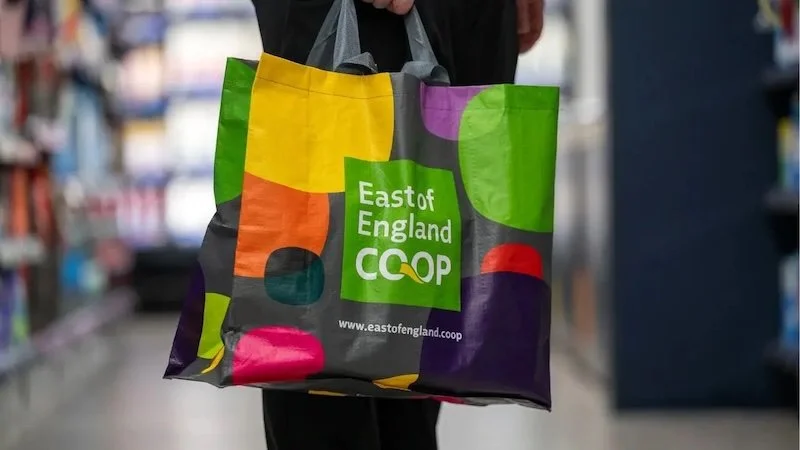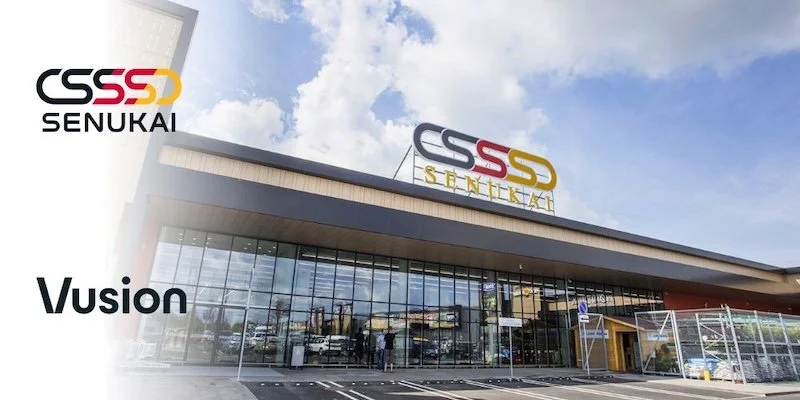Starting out as an independent retailer
There has never been a better time to be an independent retailer. Advancements in technology mean that you can run your business from anywhere, and the days of needing a bricks and mortar store how long gone.
Niche pop-ups are in fashion, whether setting up a stand in a mall or going out to events such as conventions or fairs, there has never been such flexibility.
Advancements in technology and a significant cultural shifts in the retail market have opened up so many avenues of opportunity, and if you've ever dreamt of running your own shop, now is the time.
Understanding the changes
Rewind to a decade ago, malls were lined with fixed stores, often on long leases. There had been a shift to online sales, but retailers were adapting to the changes in demand. But the credit crisis threw a lot of retailers into dangerous waters, and soon shopping schemes began filling up with empty units as companies closed their doors. Other retailers slowed their expansion, and landlords struggled to fill the voids. To combat this, a culture change emerged. Temporary leases began becoming prevalent, allowing smaller companies to open up on quickly, for low rent and without constrictive and risky contracts. Suddenly there was a boom in niche retailing.
Wireless technology has come on leaps and bounds since then too. Companies are no longer restricted to needing phone lines to set up, meaning that stands could be created anywhere. Many malls capitalised on this, providing opportunities to rent out areas that had previously been dead space.
Add to this, a growth in online marketplaces, such as Etsy, that allows independent brands to set up a stall under their umbrella. With many little independents wanting the best of online and real-world sales, a natural shift has occurred.
Starting your own retail business
These days all you need is a concept, some good quality products, a smartphone, and a bank account, and you have all the tools for business management. From your phone, you can keep in contact with suppliers, take payments, track sales, manage your books, access your banking, order products, and run your website. With many customers happy to go cashless on their transactions, and paperless for their receipts, this takes the need for a fixed till system or a safe.
Your business can be as flexible as you like. If the spot you are in does not work for, you can open up elsewhere in another location quickly. Committing to premises used to be a noose around some retailers necks in the past. These days, you can forgo that risk very easily. You might choose to take your stand around to multiple locations to meet new customers.
Going into business in this way can give you a great deal of independence. You will need limited startup capital, and the majority of this will be used for buying stock. You can grow your brand in a very natural and organic way, expanding as the demand grows, and taking on employees when there is a need for them.










Continue reading…